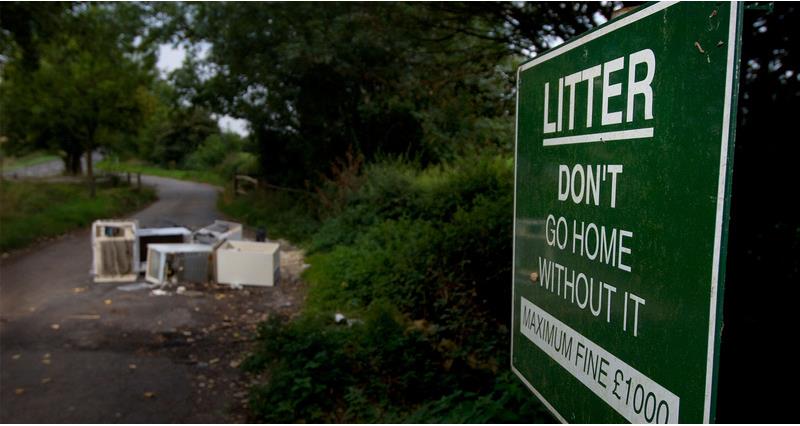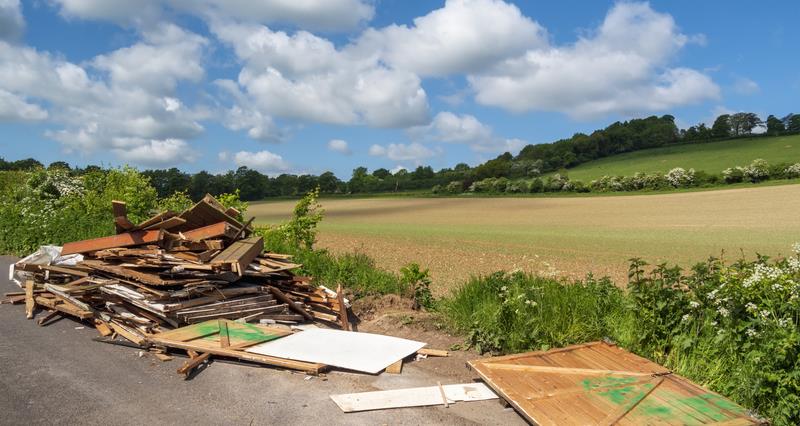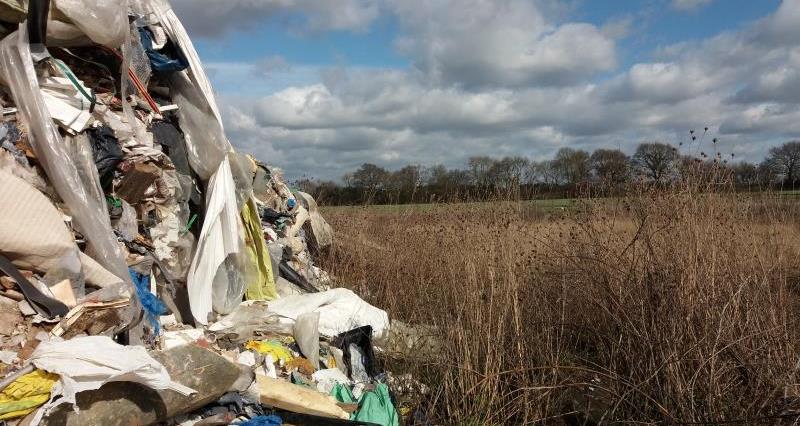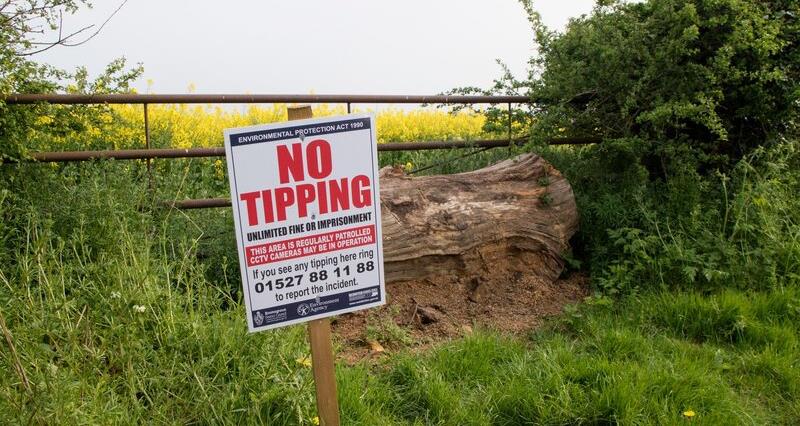The National Waste Crime survey is now open.
Commissioned by the EA (Environment Agency), the results will reveal the scale of illegal fly-tipping and help measure the effectiveness of the EA’s approach to eliminating waste crime.
All members are encouraged to take part. Deadline: 23 February.
Make your voice heard
Two years ago, the survey showed that 86% of famers were impacted by fly-tipping and that small-scale waste dumping impacted the most respondents.
Waste crime costs the economy in England an estimated £1 billion per year and, in 2023, respondents to the survey estimated that 18% of waste may be handled illegally at some point in the waste supply chain.
This is around 34 million tonnes of waste every year, enough to fill 4 million skips.
Waste crime costs members thousands every year and is a blight on our landscape.
“For farmers, this isn’t just a statistic – it’s a constant battle against illegal dumping, the damage it causes to our land and the financial burden of clearing it up.”
NFU Vice President Rachel Hallos
On the launch of the survey, NFU Vice President Rachel Hallos said: “Fly-tipping continues to be a huge problem and one that plagues the lives of so many of us living and working in the countryside.
“The scale of waste crime is staggering, with nearly a fifth of all waste – an estimated 34 million tons – being handled illegally every year.
“For farmers, this isn’t just a statistic – it’s a constant battle against illegal dumping, the damage it causes to our land and the financial burden of clearing it up.
“This survey is an important chance to make our voices heard. By sharing your experiences, you’ll help the Environment Agency strengthen its fight against waste crime and protect our rural communities, businesses and the environment we all cherish.”
Counting the cost of fly-tipping
The financial consequence of waste crime and the disruption to businesses is growing.
By completing the survey, you will be helping the EA better understand the scale and impact of waste crime, design better interventions, and understand the effectiveness of action taken by the EA and its partners.
It is also important to show the true scale of waste crime on private land and its impact on farmers.
Waste crimes are committed when people don't deal with waste in accordance with the law, for example:
- running a waste site without a permit
- the illegal export of waste, and
- large-scale illegal dumping.
Waste criminals use violence and intimidation to get their way.
They make huge profits by breaking the law and not paying tax.
More than 1 million incidents were dealt with by local authorities as shown by the latest government fly-tipping statistics.
These statistics do not reflect the scale of the problem on private land, estimated to impact over two thirds of farmers. This survey will provide valuable insights into the impact on farmers.



